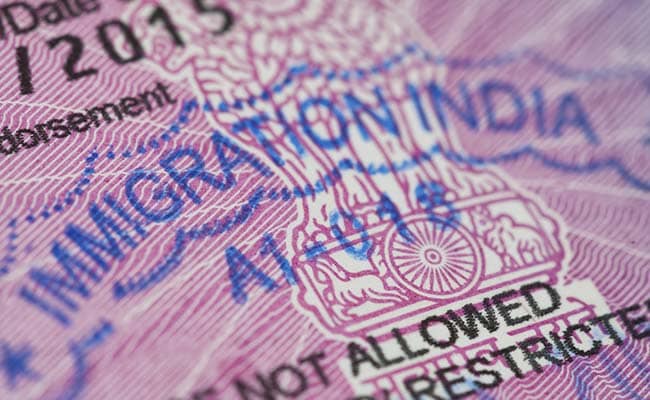
In its 2015 report, USCIRF said incidents of religiously motivated and communal violence had reportedly increased for 3 consecutive years. (Representational photo)
New Delhi:
India has defended its decision to deny visas for a US government delegation charged with monitoring international religious freedom.
The delegation from the US Commission on International Religious Freedom was scheduled to leave for India on Friday for a long-planned visit with the support of the US State Department and the US embassy in New Delhi.
"As a pluralistic, non-sectarian, and democratic state, and a close partner of the United States, India should have the confidence to allow our visit," USCIRF chairman Robert George said in a statement.
The Indian Embassy in Washington retaliated by stating, "We do not see the locus standi of a foreign entity like USCIRF to pass its judgment and comment on the state of Indian citizens' constitutionally protected rights."
In its 2015 report, the bipartisan USCIRF said incidents of religiously motivated and communal violence had reportedly increased for three consecutive years.
It said that despite its status as a pluralistic, secular democracy, India had long struggled to protect minority religious communities or provide justice when crimes occur, creating a climate of impunity.
US law allows for imposition of sanctions on countries flagged by the commission as "of particular concern," but the USCIRF's recommendations are not binding and these are not automatically imposed.
The delegation from the US Commission on International Religious Freedom was scheduled to leave for India on Friday for a long-planned visit with the support of the US State Department and the US embassy in New Delhi.
"As a pluralistic, non-sectarian, and democratic state, and a close partner of the United States, India should have the confidence to allow our visit," USCIRF chairman Robert George said in a statement.
The Indian Embassy in Washington retaliated by stating, "We do not see the locus standi of a foreign entity like USCIRF to pass its judgment and comment on the state of Indian citizens' constitutionally protected rights."
In its 2015 report, the bipartisan USCIRF said incidents of religiously motivated and communal violence had reportedly increased for three consecutive years.
It said that despite its status as a pluralistic, secular democracy, India had long struggled to protect minority religious communities or provide justice when crimes occur, creating a climate of impunity.
US law allows for imposition of sanctions on countries flagged by the commission as "of particular concern," but the USCIRF's recommendations are not binding and these are not automatically imposed.
Track Latest News Live on NDTV.com and get news updates from India and around the world

